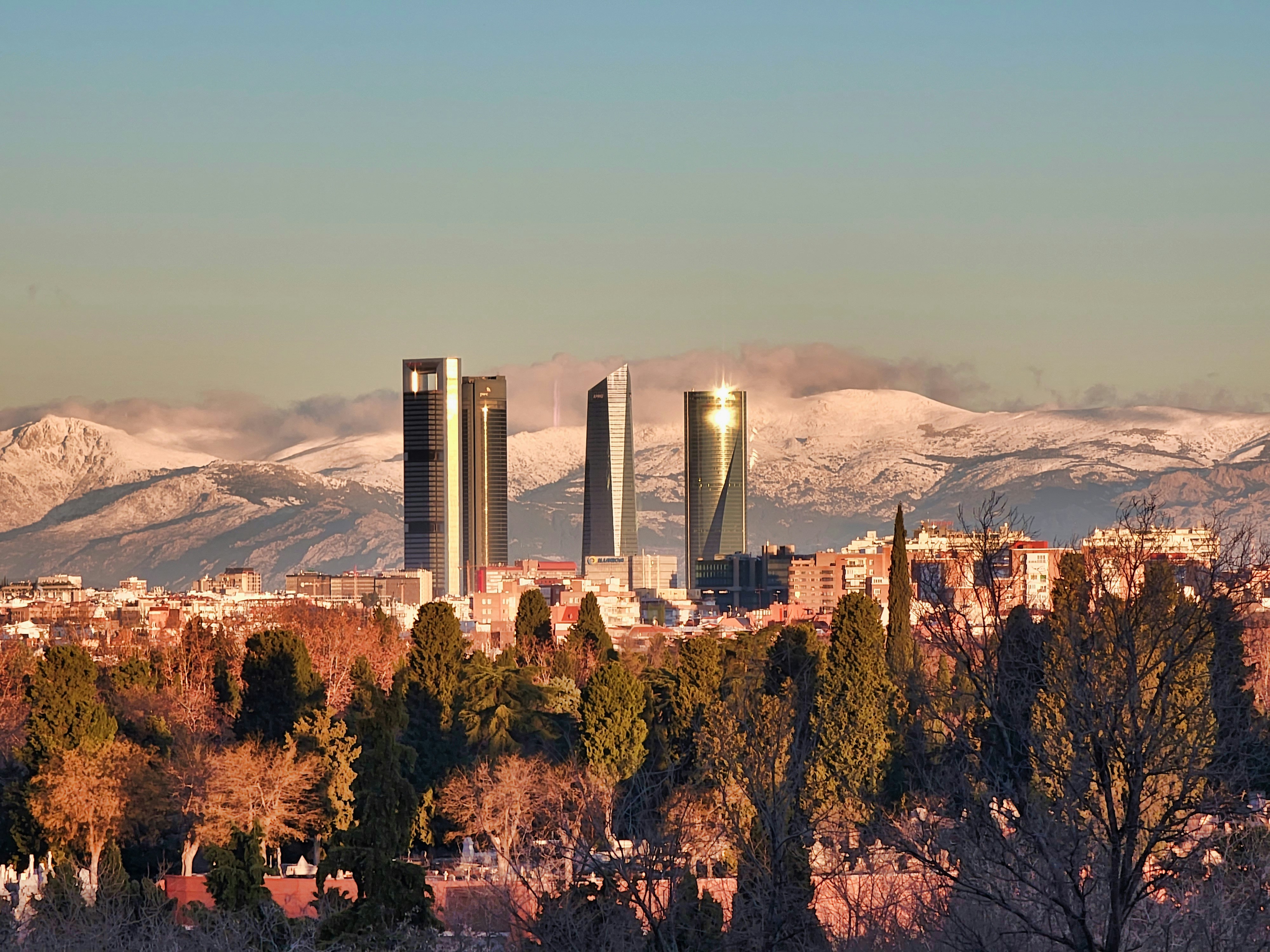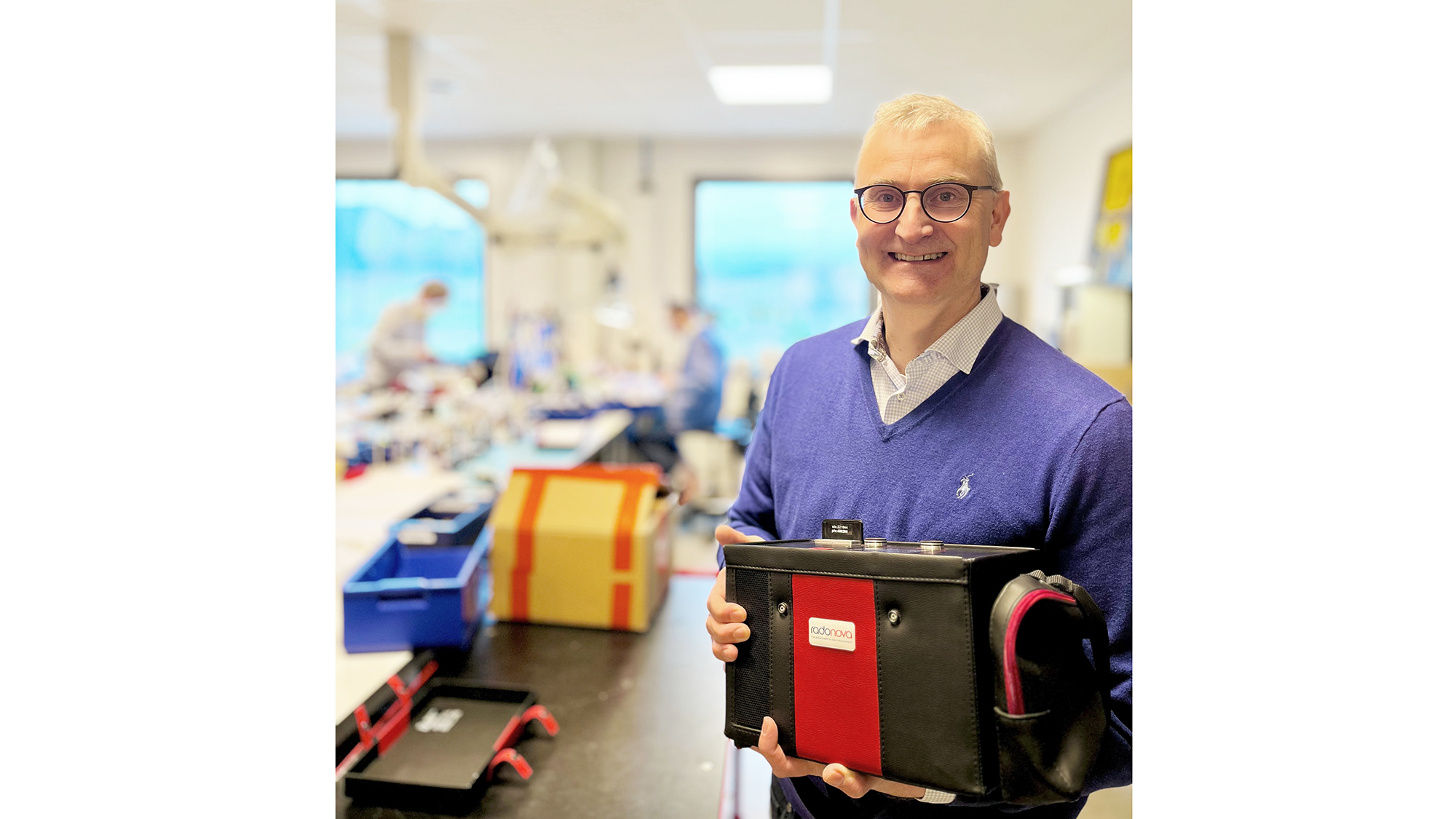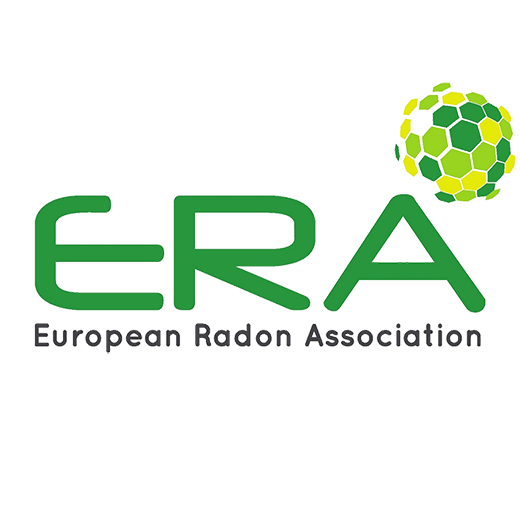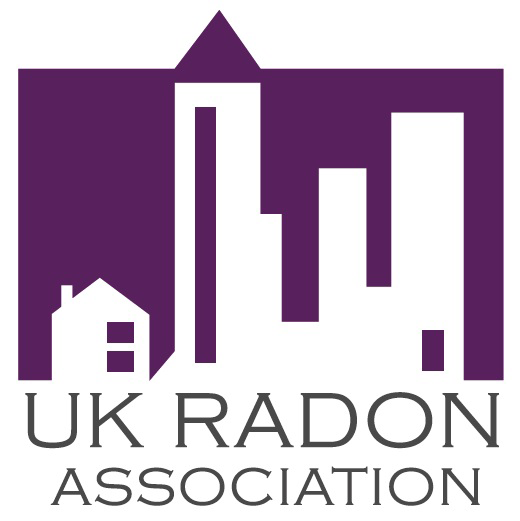In this Expert Interview we talk to Weston Jacques, Executive Director of Evict Radon – a new non-profit organization dedicated to radon awareness and testing across Canada via a University of Calgary research study. During our conversation, Weston discusses the evolution of the Evict Radon campaign and how it is expanding this year…
How did the project come about?
Evict Radon started as a research study out of the University of Calgary through Dr. Aaron Goodarzi. Dr. Goodarzi is studying radon at the University and trying to identify why some homes have low levels of radon, while others have high levels of radon. In order to do this, he needed as many people as possible to test their homes for radon gas. In order to do this successfully, he needed to build a campaign to increase public awareness with a call to action to purchase a radon testing kit, hence the creation of Evict Radon.
What is your role in Evict Radon and how has the campaign grown?
I was employed by the University of Calgary in November 2018 to support Dr. Goodarzi’s from a communications perspective and help get the message out there. My employment coincided with additional funding for the project which was used to widen the scope of Evict Radon outside of Calgary to the rest of Alberta.
Due to the success of Evict Radon last year we realized it had more scope than just a four-month campaign (October- January). It soon became apparent that Evict Radon could shape radon awareness, on the back of the University research, across the entire country. Therefore, in February 2019 we took the decision to incorporate Evict Radon as its own non-profit. This is when I assumed the role of Executive Director.
Even though we now have a national focus, we are still very much run out of the University of Calgary, but we recognize that we are growing and it’s becoming a much bigger entity than just a University research study. My role during the campaign season is to ensure the public understand what radon is and why they should purchase one of our kits and participate in our project.
Crucially, by purchasing through us you are contributing back to lung cancer research. Furthermore, the kits are analysed in a laboratory which is the only ISO17025 certified alpha track testing facility of its kind, so we are 100% confident in the lab analysis and its QA process.
Why does the campaign run during the fall and winter?
Originally the research was showing higher levels of radon in the winter – particularly in climates such as ours. Because we have very cold winters people seal their homes and turn on their furnaces which creates a shift in the negative pressure which in turn has the potential to increase radon levels.
What has been the feedback from the public?
Radon awareness is very low. Not a lot of people know about it, or really understand it. What we’re really trying to do is leverage the University research to increase awareness and education about the harmful effects of radon. As Dr. Goodarzi is the Canadian Research Chair for Radiation Exposure Disease, it provides the campaign with a degree of authority and so when we communicate with the public there’s a lot of trust as it comes directly from an institute. In general, the feedback has been really good.
Evict Radon was never meant to be a scare campaign, we didn’t want to freak the public out about a gas in their homes which they couldn’t see, smell or taste. We wanted the campaign to be easy to remember which is why we called it Evict Radon, it’s a play on words which is easy to understand and gets the message across.
There aren’t many platforms which allow the public to ask questions about radon, which is a responsibility we’ve taken onboard. You can find out a lot of information on our website and we try to keep it as simple as possible. We take the time to answer all calls and emails and reiterate this is the first step to lung cancer prevention.
What’s new moving forward?
In order to communicate our message across all of Canada, we need to offer all our information in both English and French. We’re currently exploring what it will take to develop a French website and French speaking support team. For this year, there will be far more focus on the Saskatchewan province in Western Canada as we are seeing very high levels of radon in this area and really hope to get as many people testing as possible.
What has been your experience with the service provided by Radonova?
We could not do this without the support of Radonova. Their partnership in this endeavor has helped us design a custom service model that meets the specific needs of our project. They’ve been fantastic in terms of accommodating our residential audience – each homeowner must fill out a home metrics survey and register their kit on Radonova’s platform. The research we produce annually couldn’t happen without this information and because of this, they have been a phenomenal partner in the success and expansion of the Evict Radon campaign.







